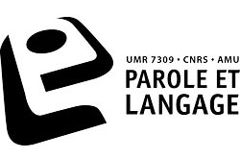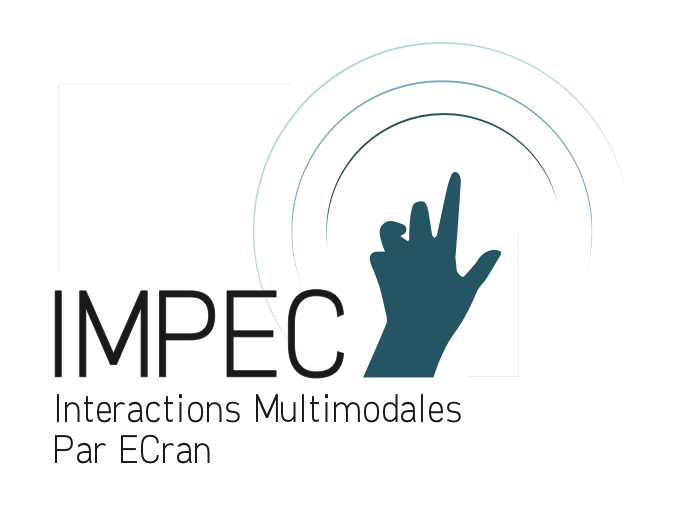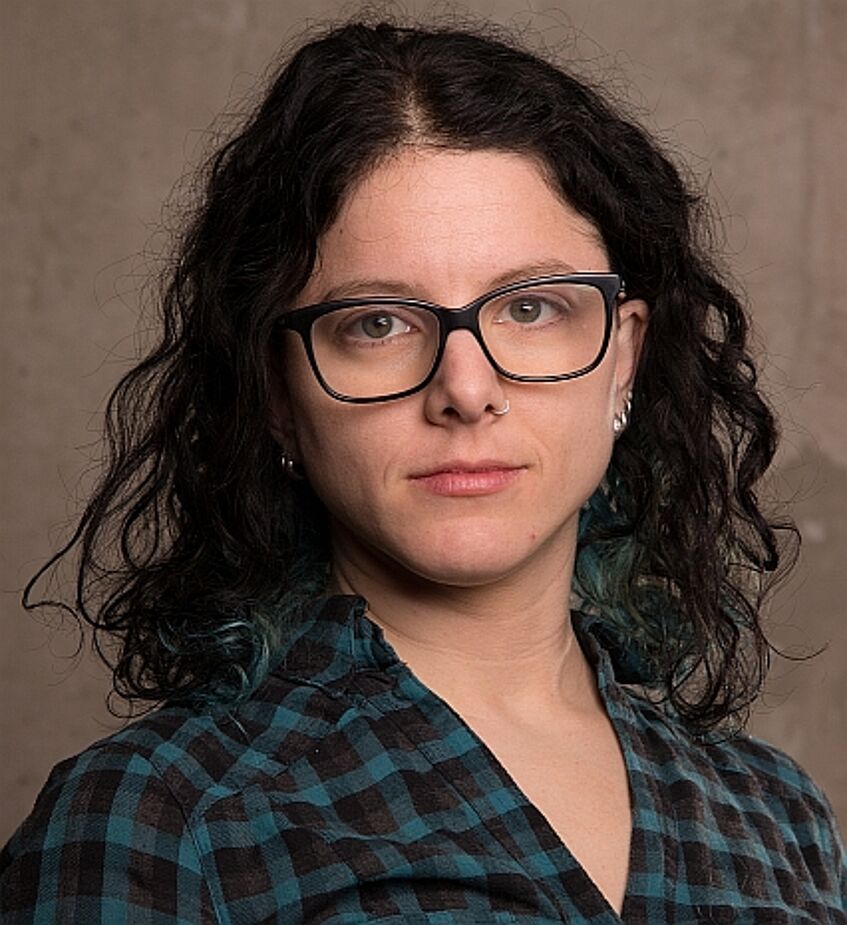Language and Speech Dynamics (LSD) – Séminaire d’équipe 2023
Vendredi 7 avril 2023, à 10h30 en salle de conférences B011, LPL
Programme :
10h30-11h30 : Experimental investigations into turn taking by Martin Pickering (University of Edinburgh), Director of Research for the School of Philosophy, Psychology and Language Sciences.
Résumé : Dialogue is remarkably fluent, with the gaps between interlocutors’ contributions being remarkably short. In this talk, I describe a series of question-answering experiments in which participants respond to predictable (vs. unpredictable) questions, speeded (vs. slow) questions, and questions in which the critical information occurs early (vs. late). I then provide a theoretical explanation of these findings, based on the claims that listeners use their own production system to predict the speaker’s utterance and plan their own responses early.
11h45-12h15 : Phonological Networks in Speech Perception and Production by Xenia Dmitrieva (LPL, AMU), PhD student.
Résumé : Phonological processing in word perception vs. production is the focus of this study. Two groups of models make distinct predictions on the brain regions involved across the language modalities: (1) Partial Separation Models (PSM) assume both frontal and temporal regions are recruited in production, but only temporal regions – in perception; (2) Integration Models (IM) assume the same fronto-temporal network to be recruited across modalities. In the current fMRI study we are contrasting these models by comparing minimal phonological pairs (e.g., bilabial: “ballon” vs. alveolar: “talon”) within the same participants performing picture naming and passive listening tasks. We’ve performed a region of Interest (ROI) analysis in the motor and auditory cortex to assess the presence (PSM) or absence (IM) of an interaction between phoneme and modality. Bilabial-initial words, both in production and perception, elicited more activation in the lip-associated ROI compared to the tongue-associated one, and vice versa for the alveolar-initial words. This result may indicate that phonological networks are shared across the language modalities.
12h15-12h45 : When the going gets tough, be flexy and keep going. The reorganization of speech motor control in response to different sources of speech production complexity by Leonardo Lancia (LPL, CNRS/AMU), CNRS researcher
Résumé : The control of speech production relies on the balance between two fundamental but complementary tendencies of the sensorimotor system. A tendency toward particulation favours the emergence of task-specific functional modules and permits the production of complex behaviour. At the same time, a tendency toward integration favours the emergence of globally coherent behaviour, as rhythmic patterns of activity, and permits a reduction of the degrees of freedom actively controlled by the speaker. To understand better the interplay between these two tendencies, in our work we aimed at studying how the organization of the sensorimotor system varies across utterances and speech conditions. To this aim, we employed a number of speech repetition tasks in which we manipulated one or more among the following factors: the complexity of the syllabic structure; the heterogeneity of the syllables composing the utterances to repeat; the simultaneous presence of repeated and alternating patterns (leading to speech errors); the presence of delays in the auditory feedback and/or of shifts of the perceived f0; the presence of an artificial speaker simultaneously executing the same speech repetition task at different degree of coordination with the participants’ speech signal. Produced utterances were modeled through a prosodically grounded hierarchy of modulatory patterns corresponding to different components of speech rhythm and behaving as low dimensional dynamical systems. The picture that emerges from these studies is one in which, in order to achieve the required linguistic goals, the coherency of the different rhythmic components as well as their temporal and spatial predictability (respectively related to the variability of syllabic nuclei durations and amplitude values) are modulated in a task-dependent fashion. These results suggest that the global strategies underlying the organization of speech motor control can vary quite drastically as a function of the phonetic content of the utterances to produce, of the conditions of enunciation, and potentially of factors affecting the experienced sense of agency (which is the feeling of control of one’s own actions).










